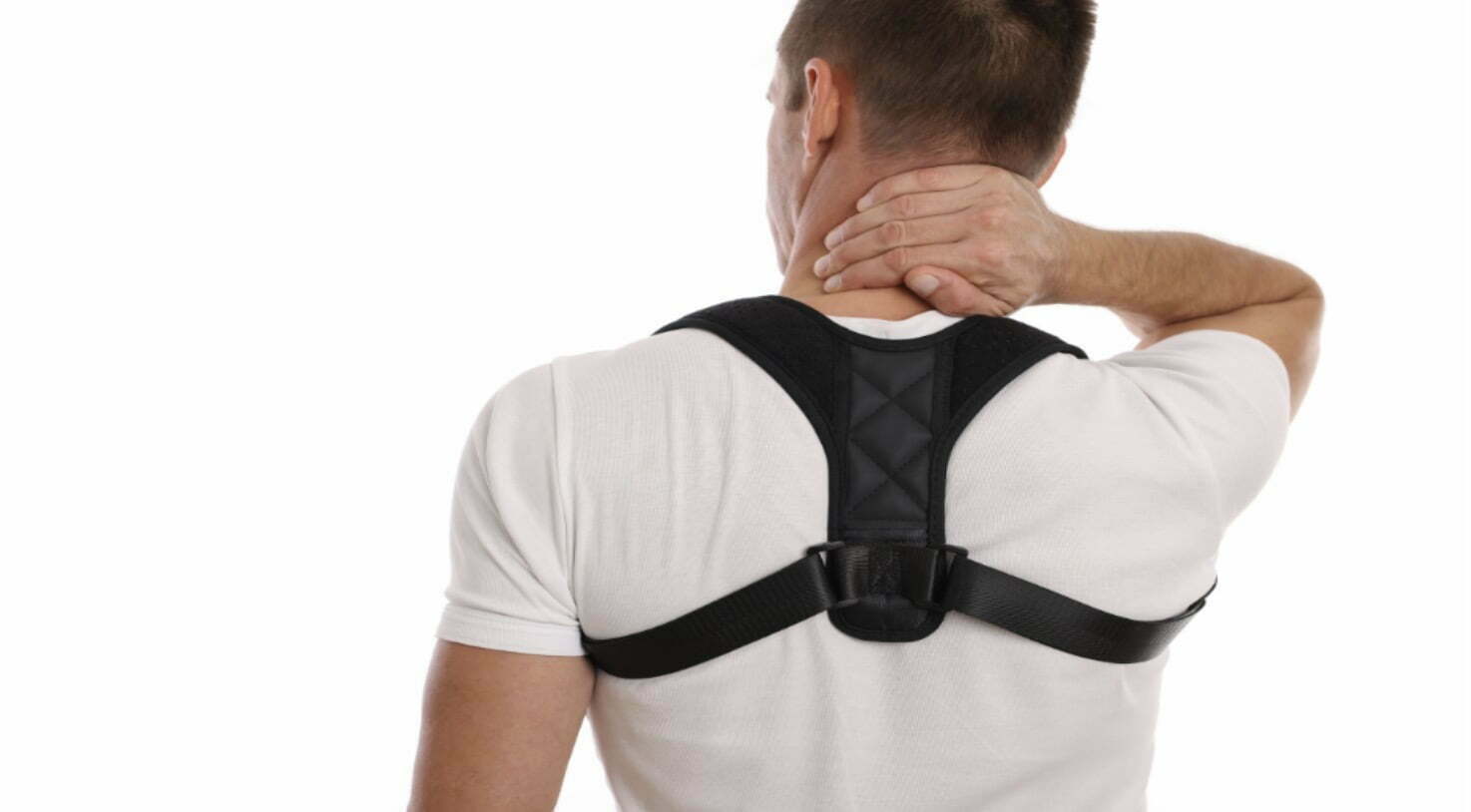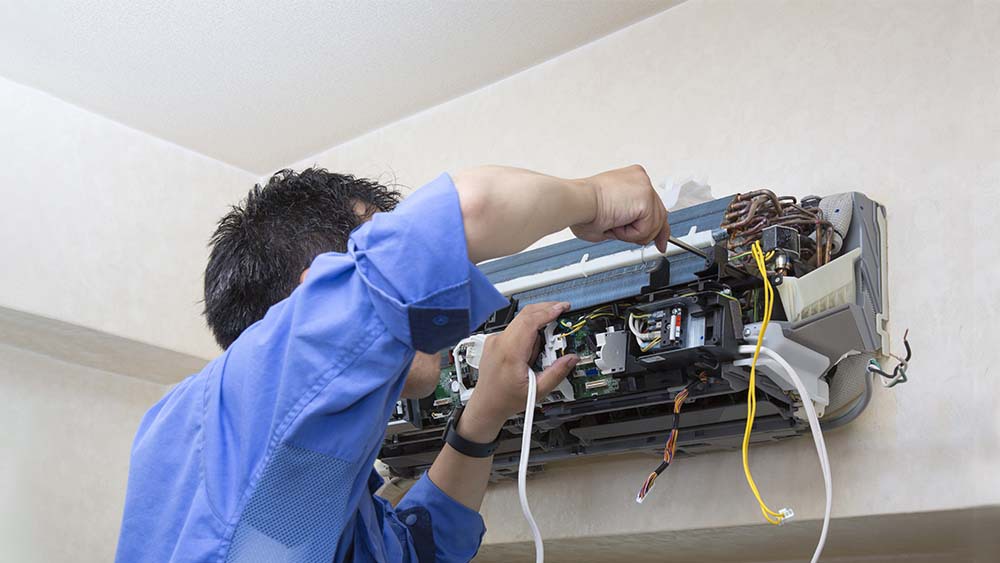
Credit cards can help you maintain your financial stability, but they could also put you in financial ruin if you’re not careful. Responsible cardholders need to be wise about their spending and learn how to keep their cards safe, taking proactive measures to ensure great financial health.
And that doesn’t simply mean being careful with your credit card spending. It means being careful with the way you use your card. Just like withpersonal loans, credit card scams are on the rise, happening more often than you might imagine. If you use your card without a healthy dose of caution, you’re exposing yourself to unnecessary risks that could be a nightmare to deal with.
So, let’s take a look at a few simple things you could do to protect yourself against credit card fraud.
Shred Every Paper with Your Credit Card Information
In 2019,271,823 cases of credit card fraud were reported in the US alone. And you need to understand that these are only the reported cases. There are many more that have gone unnoticed since credit card scams don’t often result in obvious losses of thousands of dollars.
And while scammers have certainly evolved over the past few years, relying on sophisticated tools and technology, many still collect credit card information the old-fashioned way – through discarded billing statements containing all your credit card info.
So, it’s always essential to stay on the safe side and shred every document that contains your credit card number and information. Do the same thing for your expired and canceled cards, as they can still put you in trouble if their information is stolen.
Proper Bookkeeping
Proper bookkeeping is necessary to avoid scams and malicious attacks if you run a business. According to CST Group, an accounting and CPA firm in Norther VA, effective bookkeeping can spot fraudulent activity and missing money long before a business owner can. Bank errors, overspending, and accidental money mistakes can not only hurt your bottom line, but can compromise your personal data.
Do Not Share Sensitive Information Over the Phone
Phone scams are quite popular nowadays. Scammers will call you, posing as card issuers, and request sensitive information from you. At times, they’ll even tell you that there’s been suspicious activity on your account and that they’re looking into it for you. While these scams are at times pretty obvious, they’re quickly becoming more sophisticated.
So, to stay on the safe side, never give out your credit card information over a phone call that you didn’t initiate. Even if you get a text or an email telling you to call a certain number to resolve an issue with your credit card, don’t call that number before checking its legitimacy.
It’s in your best interest only to call the customer service number you’ll find on the back of your credit card.
Use Multi-Factor Authentication When Possible
The easiest way that someone can collect your credit card information and make you a victim of fraud is by breaking into your online accounts. And that doesn’t just involve your online bank account. If you have your credit card information saved on your favorite e-commerce site, on your password manager, in your email, anyone who breaks into these accounts could steal your sensitive info.
To protect your accounts and prevent credit card fraud, it’s always in your best interest to use multi-factor authentication. Pair up your unique password withbiometrics like fingerprint scans, or enable single-use verification codes that will be sent to your phone number. Enable multi-factor authentication on every site and platform that allows for it.
Shop from Secure Sites Only
Shopping from unsecured sites exposes you to unnecessary risks and could make you a victim of credit card fraud. These sites could be accidentally (or at times purposefully) leaking your sensitive information and leaving you vulnerable.
In order to ensure you’re shopping from a secure site, there are a few things you’ll need to check. The first one is the SSL certificate. If the site begins with HTTPS instead of just HTTP, it’s a sign that it’s a legit site that encrypts all information.
Take a look at the domain name as well. At times, cyber attackers will create websites that mimic legitimate ones to attract buyers and collect their information. The sites will look almost exactly the same, but the domain name will be slightly different – “amaz0n.com” instead of “amazon.com”, for example.
Also, before you start using your credit card on a new e-commerce site, check the legitimacy of the company. See whether the company has a real physical address and phone number you can call. Take a look at the privacy statement and return policy. Look for reviews and do a quick Google search of the company.
Avoid Online Shopping While Connected to a Public Network
Public networks (such as free cafe WiFi) are notoriously dangerous, and you should avoid using them at all costs. They allow access to anyone in the vicinity, and anyone with some skill can break into them and monitor the activity on the network. They can intercept your connection to the network and see what you’re doing on it and what kind of information you’re sharing (including credit card information).
So, if possible, do not use public WiFi at all – even for browsing your social media. But, if you cannot avoid it, connect to the network only if you’re using a reliable VPN that encrypts your connection.
Final Thoughts
Credit card frauds and scams are more common than many would like to believe. To stay on the safe side, you always need to be cautious when using your credit cards and when sharing credit card information with others. Don’t share sensitive information, shop from secure sites only, use multi-factor authentication, avoid public Wi-Fi, shred sensitive documents before discarding them, and stay safe.






